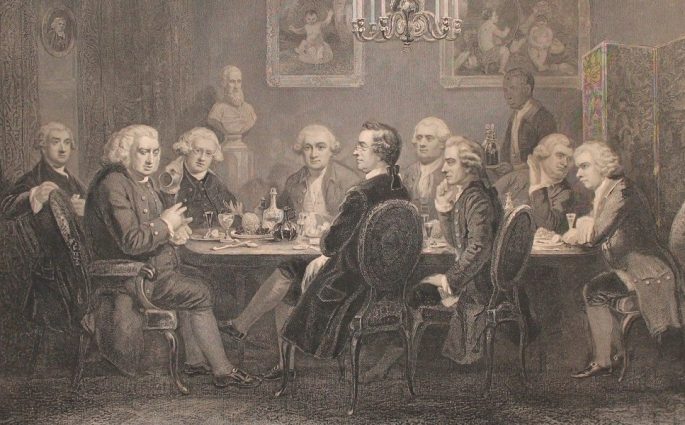Beyond Buddhist Exceptionalism
Evan Thompson— Confusion reigns in the debates about science and religion. Nowhere is this more evident than in the special treatment Buddhism receives. People say Buddhism is the most science-friendly of religions. According to a widespread view, Buddhism at its core isn’t so much a religion as it is a










